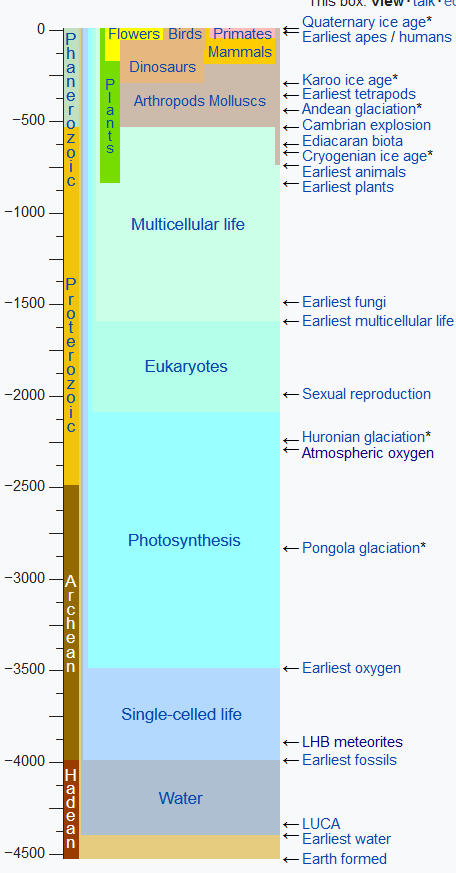The simple answer is yes, of course.
Evolution is based on random chance mutations. It only took half billion years on Earth from the earliest known brains to humans, about 200,000 years ago.
Before the brains, maybe 3.5 billion years of life, but the steps are random.
And there are hints that life itself appeared on Earth within half a billion years.
So you are only trying to cut the timeline in half, a timeline entirely dependent on random timing of events, so that is certainly plausible.
It might the equivalent of rolling six sixes with standard dice, but the chances on that is 1 in 46,656 -- and scientists estimate there could be six billion earth-like planets in our galaxy (The Milky Way) alone.
And as M.A. Golding answered, two billion years is way too long, 100 million years is a more likely target. But even then, it would not be surprising if evolutionary good luck produced human-like intelligence within two billion years. It is entirely within the realm of realism.
Our evolution got a randomized jump start 65M years ago, when an asteroid wiped out the dominant life forms and opened up thousands of new niches (previously occupied and defended by larger dinosaurians) for the small rodent like creatures that were our ancestors.
But is was random. It could have happened a few hundred million years earlier.
The conditions for the evolution of brains existed for a billion years before they actually happened; but that was also random. The same for the mutations that allowed multi-cellular lifeforms.
And on and on. The time line for evolution is extremely compressible. Look how quickly our selective breeding has completely transformed wolves into dogs, or all sorts of animals (like chickens) from their wild form into something that could not possibly survive in the wild, but are packed with meat and fat for our consumption. Wheat and corn are not "natural" foods, neither are most fruits. We've compressed thousands of years of evolution into decades or a few centuries. No reason luck could not do the same.
Make your planet particularly volatile and often (meaning on the scale of hundreds of thousands of years instead of millions) brutal: volcanoes, earthquakes, asteroid strikes, solar flares, radioactive incidents -- that will accelerate evolution and select for adaptability.

